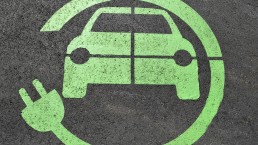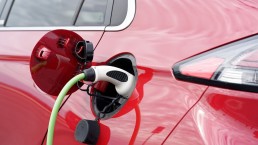There is little evidence that greenhouse gas emissions can be decoupled from economic growth in absolute terms from an environmental perspective. Since economic growth is one of the main drivers for rising emissions (and increasing depletion of non-renewable resources), it seems evident that a transition to degrowth would make an essential contribution to climate change mitigation, and hence to our moral obligation to preserve future generations’ rights to basic needs fulfilment.
GDP ultimately cannot be decoupled from material and energy use growth. It is, therefore, misleading to develop a growth-oriented policy around the expectation that decoupling is possible. We also note that GDP is increasingly seen as a poor substitution for societal wellbeing. GDP growth is, therefore, a questionable societal goal. Society can sustainably improve wellbeing, including the wellbeing of its natural assets, but only by discarding GDP growth as the goal favouring more comprehensive measures of societal wellbeing.
While relative decoupling has been observed in multiple countries, absolute decoupling remains elusive. Studies observe that no country has achieved absolute decoupling during the past 50 years. Another study reports that population growth and increases in affluence are overwhelming efficiency improvements at the global scale. There is no evidence for absolute reductions in environmental impacts and little evidence to date, even for significant relative decoupling.
Technological advances can lead to absolute decoupling for specific types of impact. For example, it is possible to envisage a scenario in which GDP growth is decoupled from using fossil fuels and related CO2 emissions by switching to 100% renewable energy.
References:
Plos one. Is Decoupling GDP Growth from Environmental Impact Possible?

About the author

Andrew Wilson
Andrew is a seasoned strategy and transformation consultant with experience across Africa and the UK.
His background is in capital projects, energy, mining and sustainability. He has a passion for the crossover between productivity, growth and sustainability, complemented by his qualification from Cambridge University in Business and Climate Change: Towards Net Zero Emissions.
Andrew has built mines, towns, roads and power plants, and he aims to keep building using a sustainability lens.





